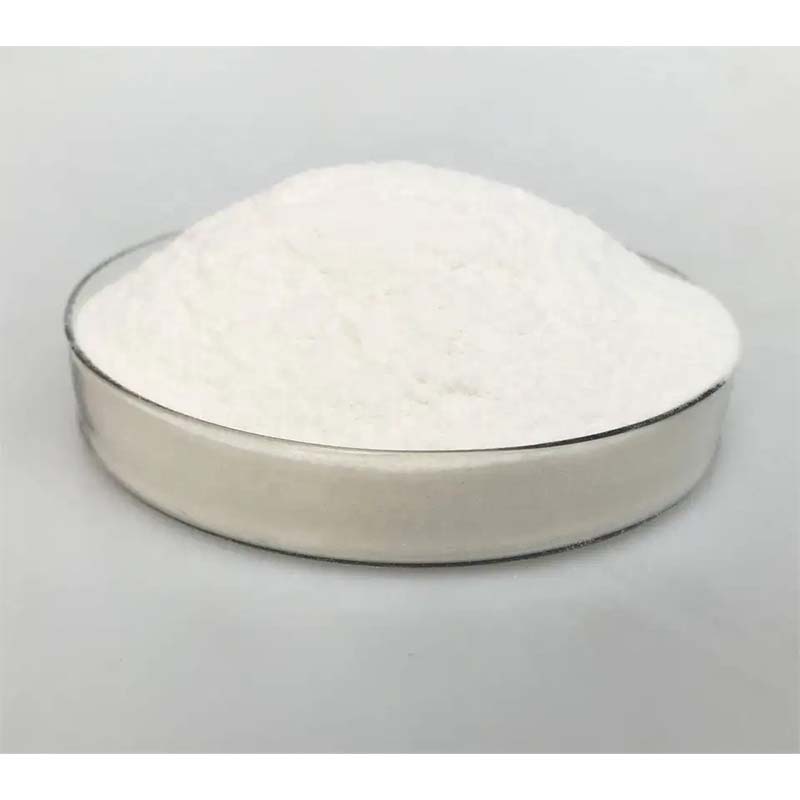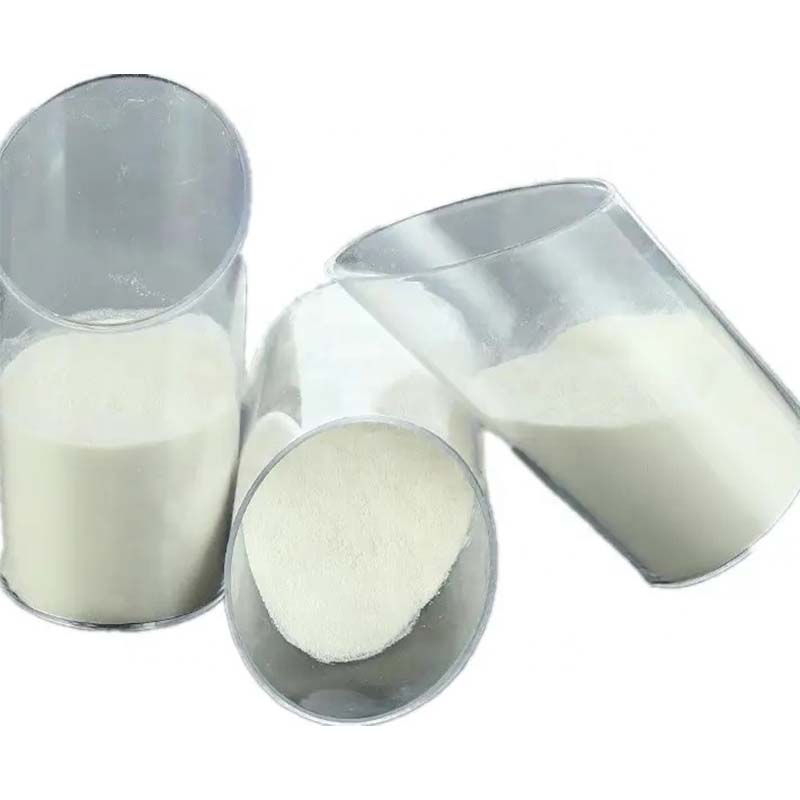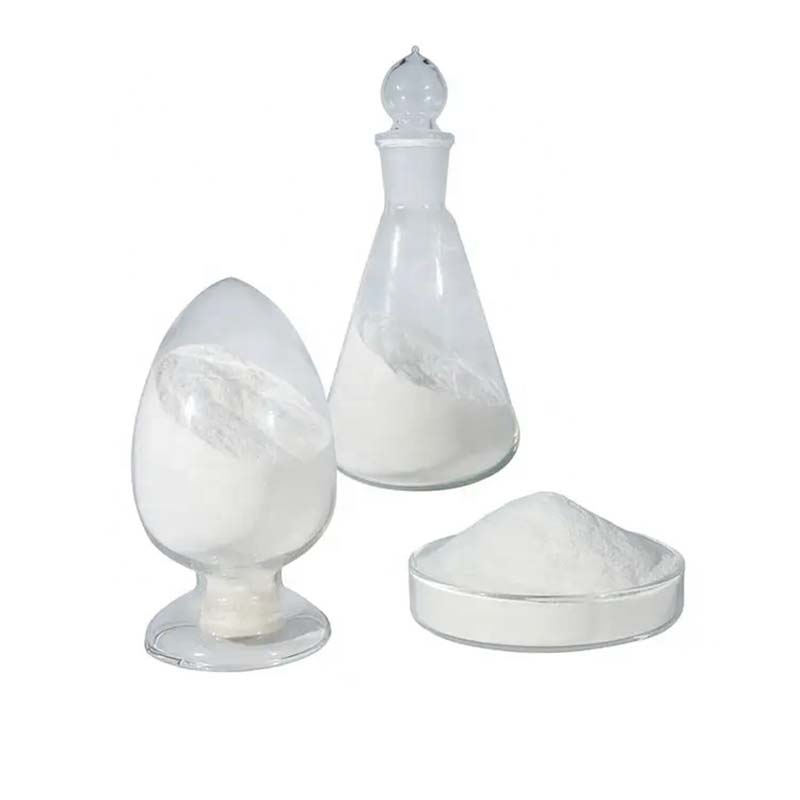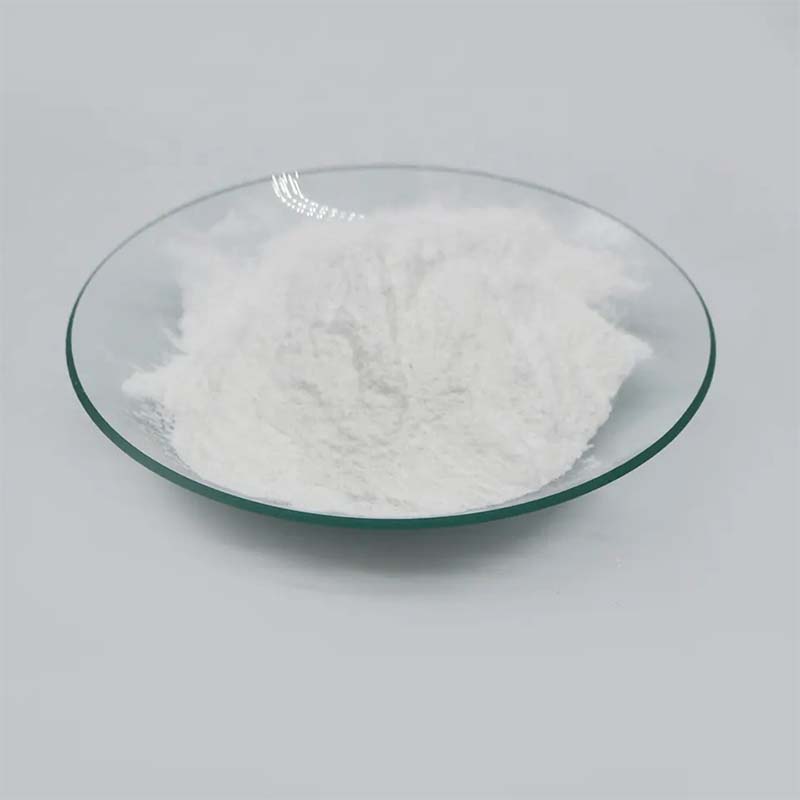Hydroxypropyl Starch 9049-76-7 | Premium Ether Supplier
Featured Product

Good Quality HPS Hydroxypropyl Starch Ether
"The optimal modification for construction material fluidity control" - Material Science Journal
CAS 9049 76 7 Hydroxypropyl starch ether (HPS) is a fine white powder derived from natural plant materials through highly etherified reaction, followed by spray drying without plasticizer. Fundamentally different from ordinary starch modifications.
- Fast thickening ability
- Medium viscosity profile
- Superior sag resistance
- Enhanced workability
- Controlled water retention
9049 76 7 Technical Specifications
| Parameter | Value | Test Method | Certification |
|---|---|---|---|
| Appearance | White to off-white powder | ASTM E1347 | ISO 9001 |
| Molecular Weight | 10,000-100,000 g/mol | GPC Analysis | EN 13258 |
| Molar Substitution (MS) | 0.04-0.15 | NMR Spectroscopy | REACH Compliant |
| Viscosity (2% solution) | 100-500 mPa·s | Brookfield Viscometer | CE Certified |
| Moisture Content | ≤ 8% | Karl Fischer Titration | USP Standard |
| Ash Content | ≤ 0.5% | Incineratio | GB/T 5009.4 |
| pH Value (1% solution) | 5.0-8.0 | pH Meter | ISO 3071 |
| Particle Size (200 mesh) | ≥ 95% | Sieving Method | ASTM B214 |
9049 76 7 Performance Characteristics
CAS 9049 76 7 Product Gallery

Industrial-grade hydroxypropyl starch

Quality packaging standards

Lab testing procedures
Technical FAQ: 9049 76 7
Q: What distinguishes hydroxypropyl starch from ordinary starch?
A: Hydroxypropyl starch ether undergoes etherification modification, significantly altering its molecular structure. This creates unique properties including thermal stability, pH tolerance, and water retention capabilities unachievable with native starch.
Q: What concentration ranges are optimal in construction applications?
A: In mortar formulations, optimal performance of 9049 76 7 occurs at 0.1%-0.4% by weight. Higher concentrations increase water retention but may impact setting time. Specific formulations require manufacturer guidance.
Q: How does hydroxypropyl substitution affect performance?
A: Molar substitution (MS) directly impacts solubility and viscosity. Higher MS grades (0.10-0.15) provide better cold water solubility for paints, while lower MS grades (0.04-0.08) suit construction applications requiring controlled hydration rates.
Q: What are the key safety considerations?
A: As a modified carbohydrate, CAS 9049 76 7 demonstrates low toxicity (LD50 >5000mg/kg). Safety protocols should address dust inhalation risks with standard PPE during handling. The compound is biodegradable per OECD 301 standards.
Q: How does particle size impact performance?
A: Finer particles (80 mesh) show slower dissolution ideal for delayed hydration applications. Pengze Technology offers multiple gradations meeting industry standards.
Q: What storage conditions are recommended?
A: Store in moisture-proof container111s at
Q: How does HPS improve gypsum joint performance?
A: As a key component in our Hydroxypropyl Starch for gypsum, it regulates water release, preventing premature drying while enhancing adhesion. Its pseudoplastic behavior allows easy application yet prevents sagging in vertical joints.
Applications of Hydroxypropyl Starch Ether
Construction Materials
Tile Adhesives & Grouts
9049 76 7 significantly extends open time while improving anti-sag properties. Industry testing demonstrates 50% improvement in vertical tile slip resistance versus traditional cellulose ethers (Construction Materials Journal, 2022).
Key benefits include:
- Enhanced workability time (+40-60 minutes)
- Reduced water absorption rate
- Improved adhesion strength development
Self-leveling Compounds
When used at 0.15-0.35% concentration, hydroxypropyl starch ether controls viscosity development to allow proper flow while preventing particle sedimentation. Building material researchers note its superiority in minimizing crater formation during setting.
Pharmaceutical Applications
As pharmaceutical-grade sodium hydroxypropyl starch phosphate, this compound serves as:
- Tablet disintegrant with superior compression characteristics
- Controlled-release matrix former
- Topical formulation stabilizer
Recent studies indicate its potential as a cost-effective alternative to synthetic superdisintegrants while maintaining compliance with USP/EP standards (Pharmaceutical Technology Review, 2023).
Technical Certifications & Quality Assurance
Production Standards
Pengze Technology manufactures 9049 76 7 hydroxypropyl starch ether under ISO 9001:2015 quality management system with strict process controls:
- Raw material traceability protocols
- Batch-to-batch consistency testing
- Automated quality monitoring systems
Global Compliance
Our products meet international regulatory requirements:
- REACH Annex XVII compliance
- FDA 21 CFR 172.892 approval (food grade)
- EU Construction Product Regulation
- GB/T 5009 standards (China)
Selecting Hydroxypropyl Starch Ether Suppliers
When sourcing CAS 9049 76 7, evaluate suppliers based on:
- Production capabilities: Pengze utilizes continuous etherification reactors ensuring uniform substitution ratios.
- Quality verification: Third-party testing documentation availability
- Technical support: Formulation expertise and customized solution options
- Supply reliability: Maintaining inventory levels for consistent delivery
"Leading producers employ HPLC-MS for hydroxypropyl distribution analysis, guaranteeing batch uniformity that significantly impacts performance in sensitive applications." - Polymer Science & Engineering
Industry Research & References
Functional Properties of Modified Starch in Construction Materials - Journal of Applied Polymer Science
Etherified Starch Derivatives: Production Technologies and Application Scopes - Carbohydrate Polymers
Performance Comparison of Cellulose vs Starch Ethers in Cementitious Systems - Advanced Building Materials Conference Proceedings
https://www.abmconference.org/2023/proceedings/construction-chemicals
Hydroxypropyl Starch as Pharmaceutical Excipient: Compendial Status - International Journal of Pharmaceutics
This technical content has been compiled from industry sources for informational purposes. Product specifications subject to manufacturing batch variations. Contact Pengze Technology for current technical data sheets.
-
The Versatile World of Carboxymethyl Cellulose Solution for Industrial SolutionsNewsJul.23,2025
-
Reliable Redispersible Polymer Powder Options for Professional BuildersNewsJul.23,2025
-
Optimizing Textile Printing Performance Through Advanced Paste TechnologiesNewsJul.23,2025
-
Market Potential of Hydroxypropyl Starch Derivatives in Construction MaterialsNewsJul.23,2025
-
Innovative Applications of HEmc Cellulose in Modern IndustriesNewsJul.23,2025
-
Hpmc Gel Powder Adhesive Building ExcellenceNewsJul.23,2025








